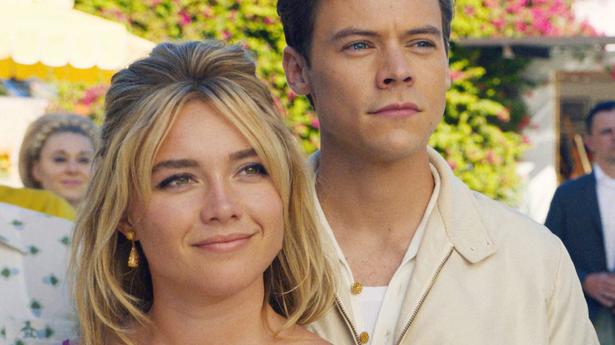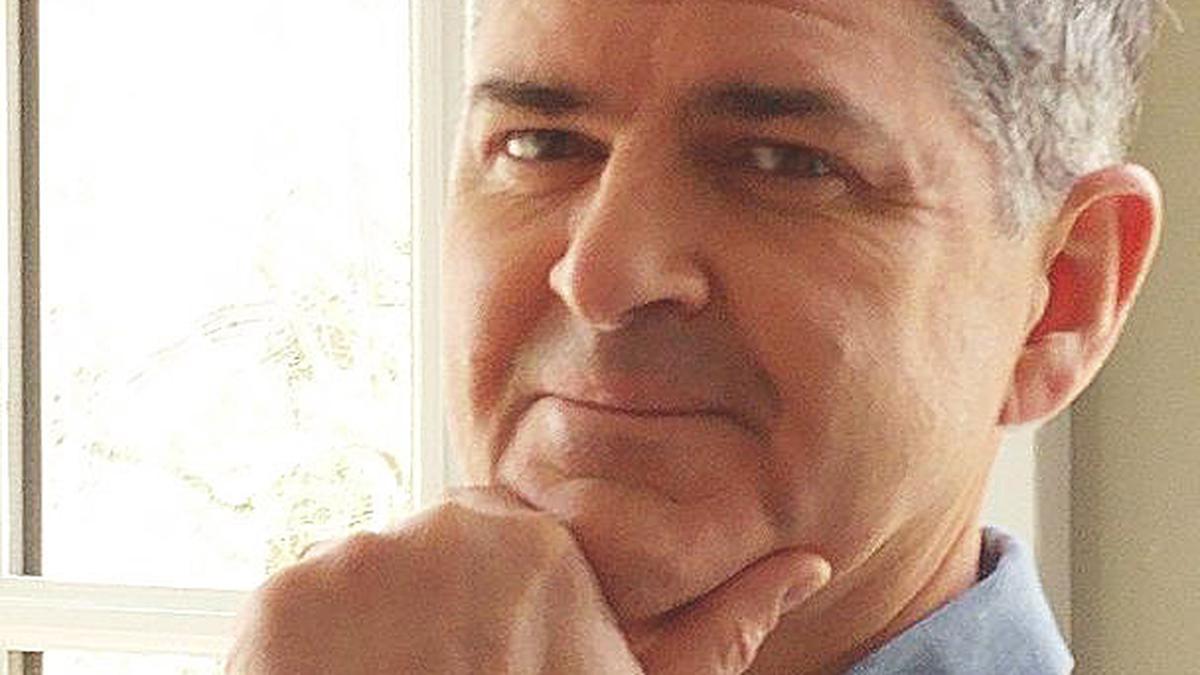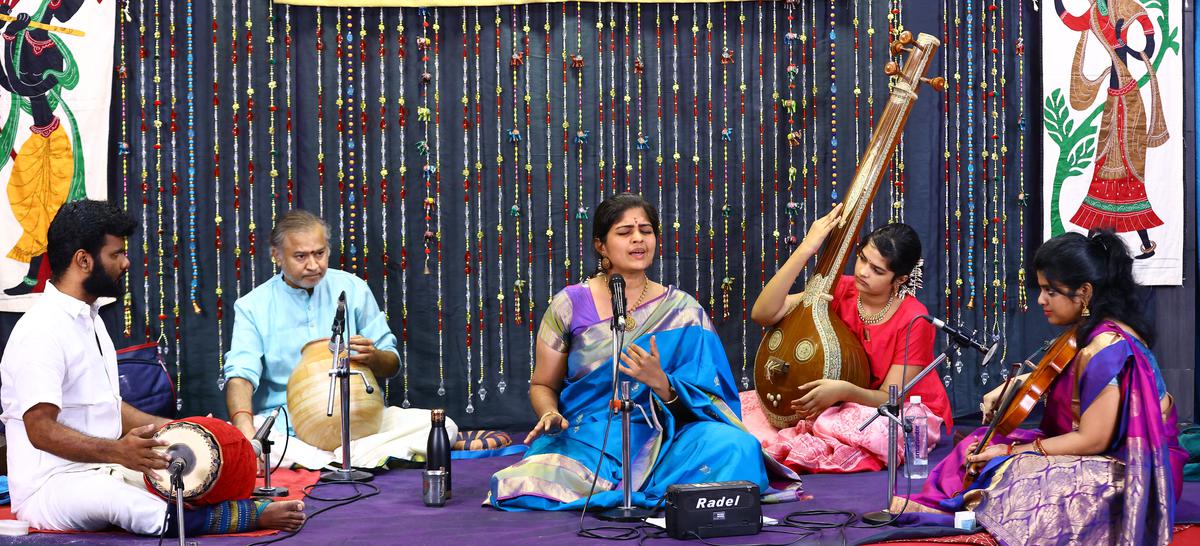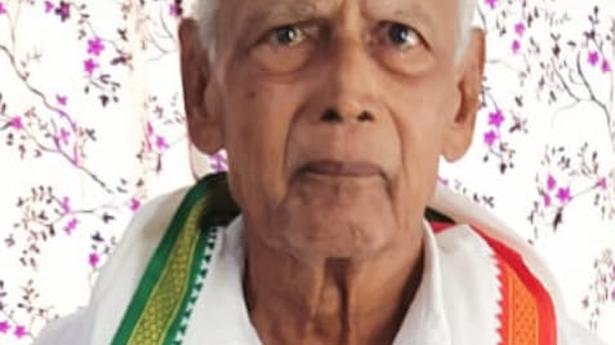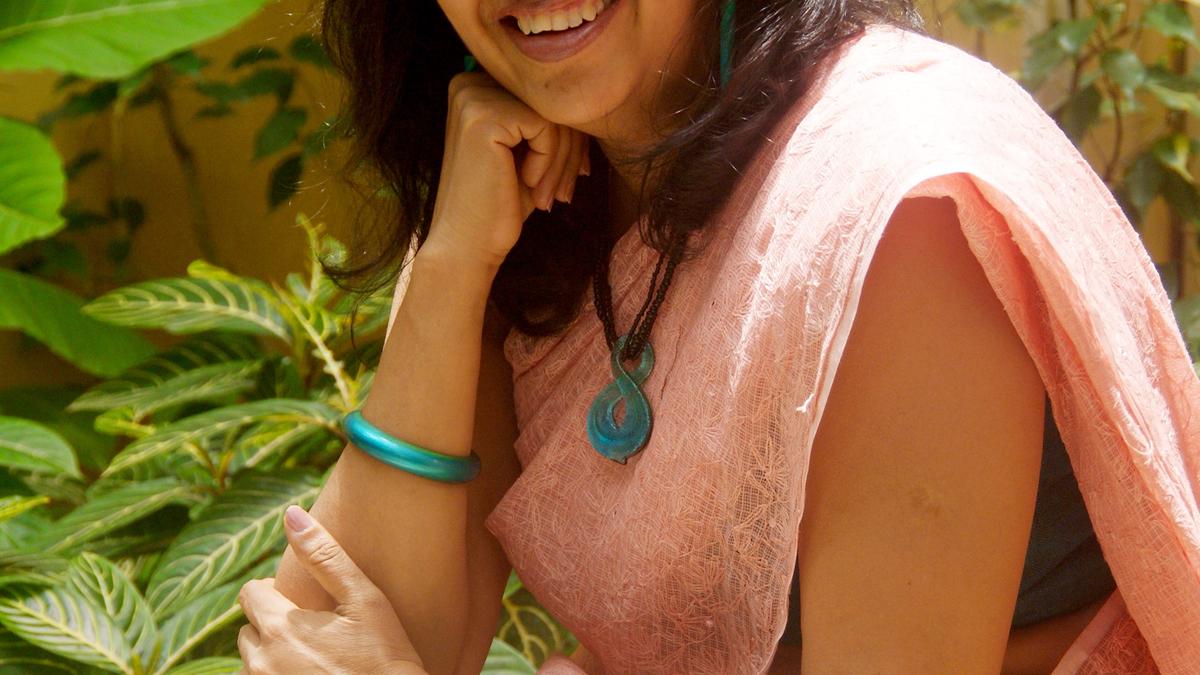Director Olivia Wilde’s film is a rigmarole of bad acting, creepy hallucinogenic dancers and loose ends, with not even the off-screen drama surrounding the cast of Harry Styles, Florence Pugh and Chris Pine making up for it
Director Olivia Wilde’s film is a rigmarole of bad acting, creepy hallucinogenic dancers and loose ends, with not even the off-screen drama surrounding the cast of Harry Styles, Florence Pugh and Chris Pine making up for it
During the press conference for the highly-anticipated, drama-fuelled Don’t Worry Darling, cast member Harry Styles said, “my favourite thing about the movie is, like, it feels like a movie… like, you know, ‘go to the theatre’ film movie.”
I fully disagree. You can save yourself a trip to the theatre.
After you peel back the many layers of controversy surrounding this film (extreme tension between cast member Florence Pugh and director Olivia Wilde; Harry Styles appearing to spit on cast member Chris Pine; Pugh not showing up for the press conference) you find a desperate attempt at creating an aesthetic, satirical, suspense driven story about a community trapped in misogyny and patriarchal gender norms. Why is it a desperate attempt? Because none of these goals are fully achieved.
The film follows Alice (Pugh), a white woman who lives in a pristine, white-washed cul-de-sac with other white women who wear, pretty dresses to play the role of a “perfect wife”; cook, clean, take care of the kids, shop, gossip, drink, and go to ballet class, run by Shelley (Gemma Chan) the girlboss gatekeeper in-chief, and wife to head of the Victory company and community, Frank (Pine).
Alice, who’s married to Jack (Styles), an extreme wife guy, who loves pleasing her — sexually and otherwise — starts to sense something is wrong. This is confirmed when another woman, notably a Black woman, starts behaving mysteriously. If the rest of the cast, bar Shelley — whose character is under-utilised anyway — were not overwhelmingly white, perhaps this imagery of a Black woman telling a white woman that her fears are valid, wouldn’t be so reminiscent of a reverse Get Out (Jordan Peele’s 2017 psychological horror).
Don’t Worry Darling
Director: Olivia Wilde
Cast: Florence Pugh, Harry Styles, Olivia Wilde, Gemma Chan
Duration: 123 minutes
Storyline: Alice and Jack are lucky to be living in the idealised community of Victory. But when cracks in their idyllic life begin to appear, exposing flashes of something much more sinister lurking beneath the attractive façade, Alice can’t help questioning exactly what they’re doing in Victory, and why…
The remainder of the film is a string of bad acting, creepy hallucinogenic dancers, and loose ends. It feels as though Don’t Worry Darling, is building towards something momentous; a big reveal or a showdown between Alice and Frank, who controls not just the women but the men too. Perhaps even a showdown between the wives, to showcase the ways in which women are trapped in misogyny. Instead, the climax reveals a drab backstory, made worse by its randomness, brought out through a storyline that almost feels like a foray into sci-fi, without doing any research into what goes into the genre.
The lack of cohesion in the acting is perhaps as big of a flaw in this film as the writing, as each actor appears to have understood the plot line differently. Pugh brings back her Midsommer-esque despair and dread and Styles is clearly just there for star value, the sex factor and, sadly, acts as comic-relief during the scenes that should be tense. Wilde is satirical and overtly unbothered, which does not work since she has extensive screen time alongside a hysterical Pugh, whereas the seriousness with which Chan plays Shelley could have worked if the viewer had a reason to care about her. Pine plays the weird, creepy power-tripping man well, but his character is poorly written, and does only just enough to keep the narrative moving. All the other supporting men, the husbands, could have just not been in the movie.
Is everything about the movie bad? No, but most of that is thanks to Pugh. Once her character begins unravelling, her connection to the rest of the pack is weakened, allowing her to deliver a far truer performance than her co-stars. She weaves through paranoia, confusion, pain, and anger effectively and sometimes all in one scene, without it seeming overly dramatic or uncalled for. In fact, the ending did not do her storyline justice. For all that her character goes through, the end feels more like a “watch the next episode” rather than a “we have enough closure to end this film.”
Even with all these flaws, the movie could have still been entertaining. But once the climax begins to settle down, and you realise that that was the climax, it leaves you bored, underwhelmed, and questioning why you didn’t just wait for it to hit the streamers.
Don’t Worry Darling is currently running in theatres


